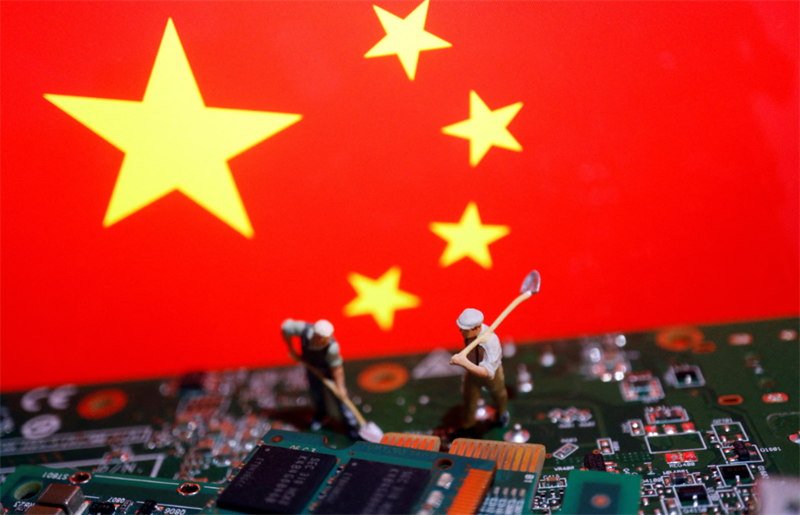China has ordered all domestic data centers to increase their use of locally produced processors, part of a broader push for self-sufficiency in semiconductors, the South China Morning Post reported.
According to people familiar with the matter, state-owned data center operators will be required to source more than half of their chips from Chinese suppliers. The mandate builds on guidelines first issued by Shanghai authorities in March and now appears to have been expanded nationwide.
The move comes amid soaring global investment in data centers, AI, and chip manufacturing, as countries pursue greater technological independence. For China, the policy could accelerate domestic chip adoption while reducing reliance on U.S. suppliers such as Nvidia and AMD—both of which face export restrictions that prevent them from selling their most advanced GPUs to Chinese customers. Current rules only allow stripped-down versions of their chips, with a 15% revenue share going to the U.S. government.

Washington has sought to balance trade ties with Beijing while limiting access to advanced processors, but the restrictions have prompted smuggling attempts and fueled Beijing's determination to strengthen local chip production. Like the U.S., China has announced large-scale investments in new data centers, many of which were initially expected to run on Nvidia GPUs. Concerns over supply risks and potential security vulnerabilities, however, are shifting demand toward domestic alternatives.
Beijing recently signaled it was discouraging use of Nvidia's H20 GPUs, citing security concerns. Still, industry experts warn that reliance on local chips could slow China's AI progress. Domestic GPUs are reportedly adequate for AI inference but lag years behind Nvidia and AMD in training performance. Limited access to cutting-edge chips may constrain the country's AI innovation.
A recent example came from DeepSeek R2, which faced delays after being trained on Huawei processors instead of Nvidia hardware under government pressure. Another challenge lies in software compatibility: U.S. chips benefit from Nvidia's dominant CUDA ecosystem, while Chinese chips lack comparable frameworks.
+86 191 9627 2716
+86 181 7379 0595
8:30 a.m. to 5:30 p.m., Monday to Friday
